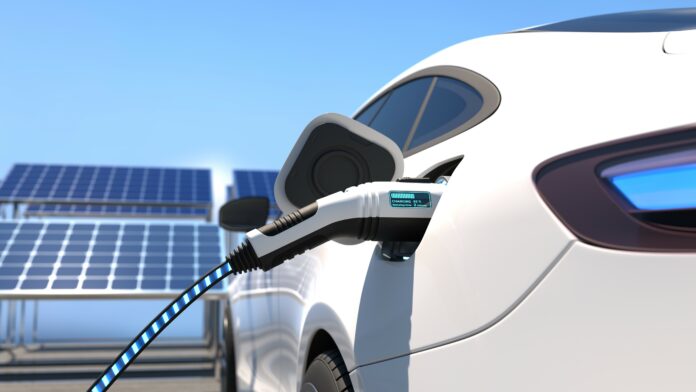The Garden State is going even greener, with New Jersey Gov. Phil Murphy announcing that all new car sales in the state must be for zero-emission vehicles by 2035.
The state previously committed to doing so by 2050, but has accelerated that timeline. The electricity for the EVs must also come from 100% clean energy sources as part of the state’s comprehensive plan to combat climate change.
“These bold targets and carefully crafted initiatives signal our unequivocal commitment to swift and concrete climate action today,” Gov. Murphy says. “These comprehensive initiatives will better protect and prepare every New Jersey community, including those on the front lines of climate change who have previously been left out and left behind.”
Five other US states have committed to only allowing zero-emission vehicle sales by 2035:
-
California (Aug. 2022)
-
New York (Sept. 2022)
-
Massachusetts (Dec. 2022)
-
Washington (Dec. 2022)
-
Oregon (Dec. 2022)
-
New Jersey (Feb. 2023)
Outside of the US, the EU parliament this week approved legislation to do the same.
Zero-emission vehicles could theoretically include electric or hydrogen fuel cell, but it’s all but certain the overwhelming majority will be EVs. The Biden administration has allocated $5 billion to a national EV charging network; it announced today that Tesla will open up its proprietary chargers to other car brands.
Most if not all US automakers have committed to fully or partially electrifying their lineups in the next few decades, such as General Motors, which will do so by 2035. A select few offer hydrogen fuel cell vehicles, such as the Toyota Mirai and a 2024 version of the Honda CR-V, but the nation’s hydrogen fueling station network is small and largely limited to California.
By 2035, the goal is to have a large selection of EVs at dealers and the national charging infrastructure to make traveling in them much smoother than it is today. Getting there feels far from today’s reality for many consumers who are concerned about limited or unreliable charging infrastructure, range anxiety, and the high price of electric vehicles compared to gas-powered.
But New Jersey says the need for change is urgent. “The climate change impacts we are already experiencing in our state demand that we take innovative, decisive action today to give future generations of New Jersey residents a chance at a good quality of life,” says Lt. Gov. Sheila Oliver. “Our deep affection for New Jersey and the people who call it home propel us to adopt policies and launch programs that help us address and adapt to the realities of climate change.”
Recommended by Our Editors
Murphy: ‘To achieve this goal, we are leaning into offshore wind with one of the nation’s most-ambitious programs.’
(Credit: NJ DEP)
The state will also convert to 100% clean energy sources, which will generate the electricity for EVs if all goes according to plan. Natural gas currently generates about half(Opens in a new window) of the electricity in New Jersey. Murphy says the state will work “side-by-side with our natural gas utilities to put forward a comprehensive plan for a future less reliant on fossil fuels.”
Heating and cooling systems in homes will also be electrified, with incentives to reward households who convert.
“The ultimate goal of every New Jerseyan is to leave to their kids and to future generations a state that is better than the one in which we currently live,” says(Opens in a new window) Gov. Murphy. “For their sake, and to give them the head start they will need against climate change, let’s do this now.”
Get Our Best Stories!
Sign up for What’s New Now to get our top stories delivered to your inbox every morning.
This newsletter may contain advertising, deals, or affiliate links. Subscribing to a newsletter indicates your consent to our Terms of Use and Privacy Policy. You may unsubscribe from the newsletters at any time.
Hits: 0















